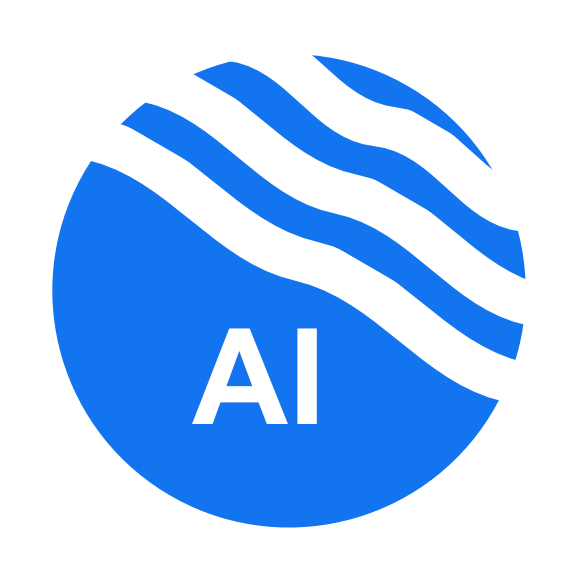Artificial Intelligence (AI) is revolutionizing the biotechnology industry, ushering in a new era of innovation and discovery. From drug development to personalized medicine, AI is accelerating research processes and unlocking new possibilities that were once thought impossible. This transformative technology is not just enhancing existing methods but fundamentally changing how we approach complex biological challenges. As we delve into the intersection of AI and biotech, we’ll explore how this powerful synergy is shaping the future of healthcare and scientific advancement.
In the fusion of AI and biotechnology, we find the alchemy of modern science, turning data into life-changing discoveries.
The integration of AI in biotechnology is proving to be a game-changer in drug discovery and development. AI algorithms can analyze vast datasets of genetic information, protein structures, and chemical compounds at unprecedented speeds, significantly reducing the time and cost associated with identifying potential drug candidates. For instance, AI-driven platforms can predict protein structures with remarkable accuracy, as demonstrated by DeepMind’s AlphaFold system, which has revolutionized our understanding of protein folding. This breakthrough has profound implications for developing new treatments for diseases like muscular dystrophy and cystic fibrosis.


AI’s impact extends beyond drug discovery to personalized medicine and diagnostics. Machine learning models are being employed to analyze patient data, including genetic profiles and medical histories, to tailor treatments to individual needs. In the realm of mental health, AI is showing promise in the early detection of conditions such as depression and addictive behaviors, potentially enabling preventative interventions. Moreover, AI is enhancing laboratory automation, optimizing workflows, and improving experimental accuracy, which is crucial for advancing biotech research and development.
Wrapping Up with Key Insights
As we look to the future, it’s clear that AI will continue to be a driving force in biotechnology progress. The symbiosis of AI and biotech is not just accelerating scientific discovery but also democratizing access to advanced research tools. From optimizing biomanufacturing processes to enabling synthetic biology breakthroughs, AI is helping scientists tackle some of the most complex challenges in the field. As this technology evolves, we can expect even more groundbreaking innovations that will transform healthcare, agriculture, and environmental science, ultimately improving lives on a global scale.



Leave a Reply